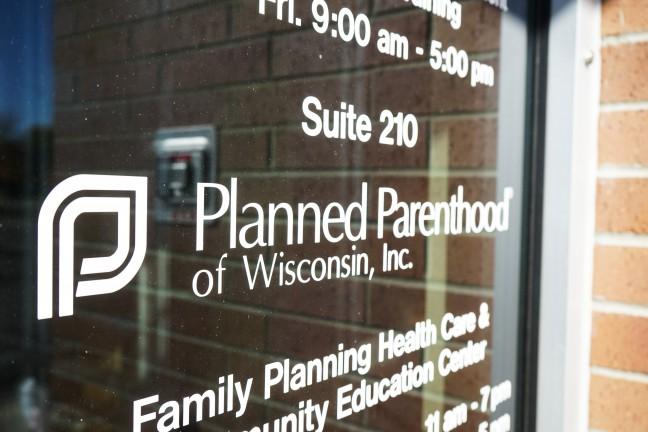Wisconsin Republicans introduced a bill Tuesday which could potentially prohibit funding or performance of abortions by an employee of the University of Wisconsin System or the UW Hospital and Clinic Authority.
The Wisconsin State Assembly held a public hearing Tuesday to discuss the proposed Republican legislation at the State Capitol. Republicans feel the bill is necessary because state funds unlawfully go towards paying for abortions while Democrats believe the Bill will cost the University of Wisconsin its OB-GYN accreditation.
The bill, originally proposed in March, stipulates that no public funds from the state government may go toward the performance of an abortion. The only exceptions for when state funds can be used for abortions are when the mother’s life is in danger, the pregnancy would have caused the mother long lasting physical pain or if the mother has been a victim of sexual assault or incest.
Residents and physicians at the UW-Madison School of Medicine and Public Health are still able to legally perform abortions at the Planned Parenthood of Madison since state funds do not fund the procedures directly, according to the bill text.
What happens instead is that Planned Parenthood pays UW an hourly fee for each abortion to one account, which the University then pays to its residents and physicians from a different account. Thus, no state funds are directly being used to fund abortions.
But, GOP legislators, like State Rep. Janel Brandtjen, R-Menomonee Falls, find the arrangement between Planned Parenthood and the University of Wisconsin “distressing.”
And State Rep. André Jacque, R-DePere, author of the legislation, said the employees who perform the abortions are still doing so in their capacity as employees of the state government, which he believes is a violation of the existing law banning public funds from going toward the performance of abortions.
“It is a shell-game where the payment to the UW is for abortions by UW employees,” Jacque said. “But payment to the UW employees is somehow magically not for the performance of those abortions.”
Democrats in the legislature and officials from the UW School of Medicine and Public Health fear the legislation, if passed, will make the school lose its standing with the Accreditation Council for Graduate Medical Education, as the performance of abortions is widely regarded as an essential aspect of training for OB-GYN specialists, State Rep. Jimmy Anderson, D-Fitchburg said.
Many medical students are concerned about whether or not the program will lose its accreditation, Anderson said. He also believed many Wisconsinites are concerned about getting the proper help they need from doctors.
But, supporters of the bill rejected the claim that the bill would cause UW to lose its OB-GYN accreditation.
Jacque cited federal law and lack of evidence proving that there is a legitimate risk of UW losing OB-GYN accreditation as reasons for his lack of concern about the school’s standing with the Accreditation Council.
“I have great confidence [UW won’t lose its OB-GYN accreditation] given the fact that no one has been able to prove anything to the contrary and you have federal law that states that you can’t discriminate on accreditation just on the basis of abortion training not being offered,” Jacque said.
In a series of posts on Facebook and Twitter, UW’s Student Coalition for Progress condemned the bill, believing it would be a “disastrous outcome” for mothers and children in light of an “already strained” OBGYN professional community in Wisconsin.
Please continue to call your representatives. AB 206/SB 174 is draconian legislation that is dangerous for Wisconsinites. https://t.co/q1vapiYxK0
— Student Coalition for Progress (@scpmadison) July 18, 2017
Bill looks to limit abortion services for nearly 250,000 public sector employees
If any UW residency lose their accreditation, it will have a “chilling” effect on other specialists across the state, CV Vitolo-Hiddad, an organizer with SCP, said in an email to The Badger Herald.
“[The legislation] doesn’t impact only those who rely on government assistance to afford healthcare, it affects everyone who needs reliable access to doctors for predictable check-ups and sudden emergencies- including those whose doctors are employed by private practices,” Vitolo-Hiddad said.
The session on Tuesday was only a hearing on potential legislation. It is unknown if the assembly will bring the bill up for a vote.


